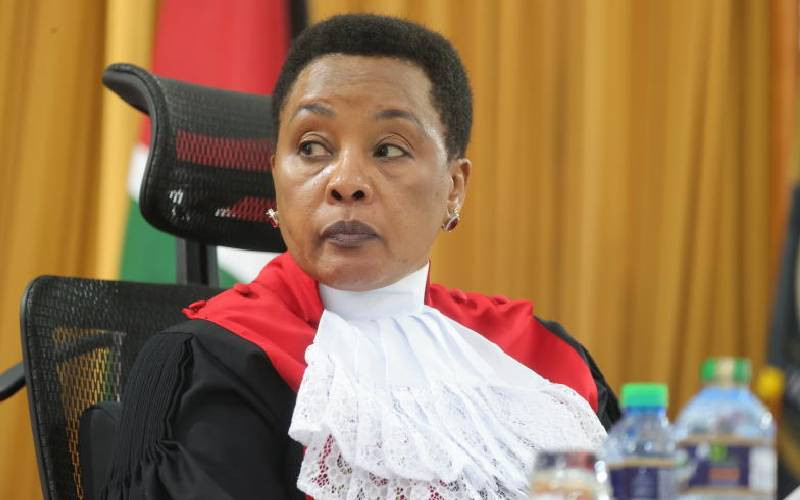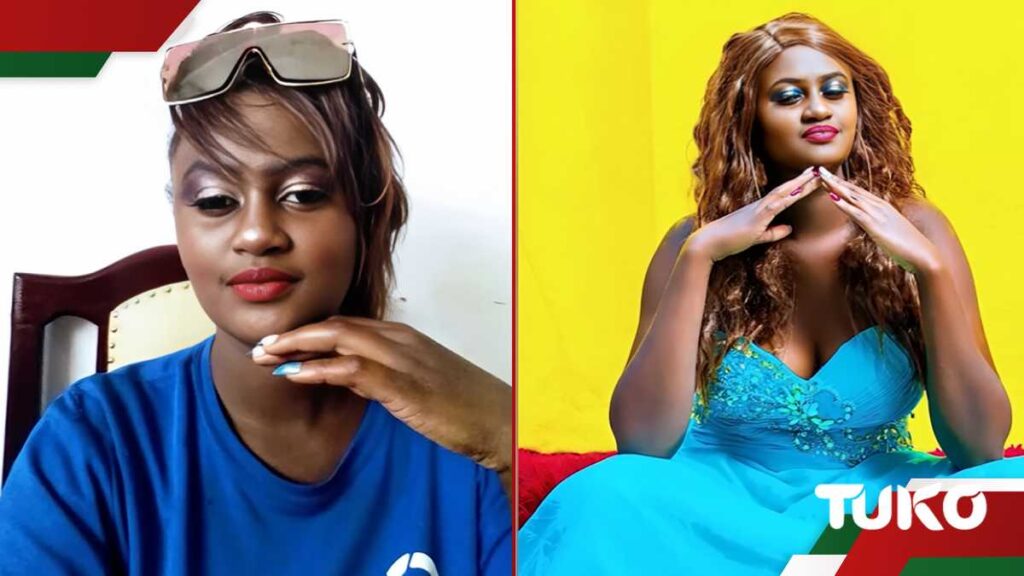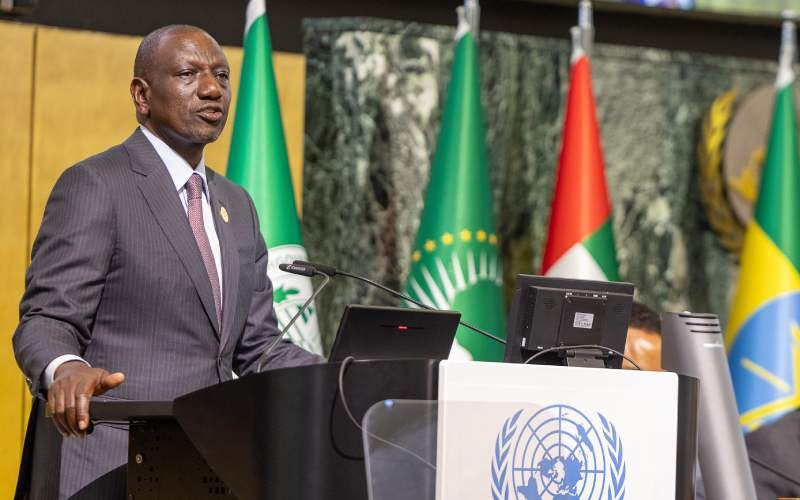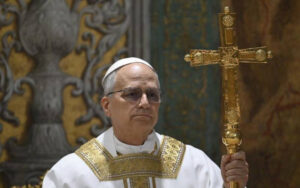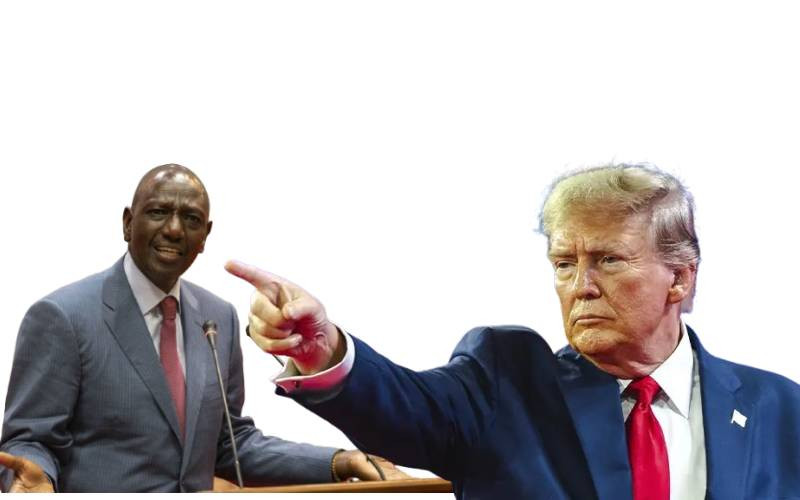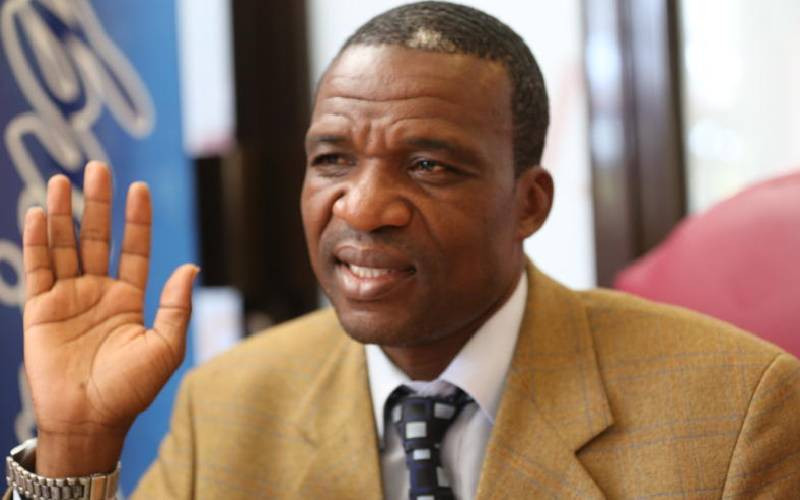In a significant victory for former Deputy President Rigathi Gachagua, the Court of Appeal has overturned Deputy Chief Justice (DCJ) Philomena Mwilu’s decision to appoint a three-judge Bench to hear impeachment-related cases.
The ruling yesterday clarified that only the Chief Justice has the constitutional authority to empanel judges for such cases.
The appellate court held that DCJ Mwilu lacked the power under Article 165(4) of the Constitution to assign Justices Eric Ogola, Anthony Mrima, and Freidah Mugambi to preside over consolidated petitions filed by Gachagua and his allies.
These petitions aimed to block Prof Kithure Kindiki’s ascension as Gachagua’s successor and challenge Gachagua’s ouster by parliament.
The court emphasized that the discretion to empanel a bench is exclusively vested in Chief Justice Martha Koome.
“The Chief Justice, and she alone, can decide the number of judges to assign a matter,” stated Justices Daniel Musinga, Mumbi Ngugi and Francis Tuiyott.
The dispute arose from Mwilu’s October 18, 2024 appointment of the three-judge bench. Gachagua, represented by lawyer Paul Muite, challenged the appointment, arguing that Mwilu was not the substantive Chief Justice and had not taken an oath as Acting Chief Justice.
Muite also alleged bias and conflicts of interest involving the appointed judges.
While the Court of Appeal dismissed claims of bias against the judges, it found merit in Gachagua’s challenge to the appointment process.
“We quash the orders of the Deputy Chief Justice dated October 18, 2024 assigning the three cases to Justices Ogola, Mrima and Mugambi,” the court ruled. However, it declined to bar Chief Justice Koome from reappointing these judges to a new bench, leaving that decision to her discretion.
Allegations of bias
Gachagua’s appeal included allegations of bias against the appointed judges. Justice Mrima was accused of having a close relationship with Senate Speaker Amason Kingi, supported by photographic evidence of Kingi attending Mrima’s wedding in 2021.
The court dismissed this claim as speculative, noting that the wedding occurred over three years before the petitions were filed and that Kingi was not Senate Speaker at the time.
“There must be a clear and reasonable apprehension of bias, which was not met,” the court stated.
Similarly, Justice Ogola faced accusations of a conflict of interest due to the alleged appointment of his spouse, Florence Auma Oluoch, to a state agency by President William Ruto, a political ally of Kindiki.
Stay informed. Subscribe to our newsletter
The court found no evidence that Oluoch is Ogola’s spouse and clarified that her appointment to the Kenya Water Towers Agency Board was made by Cabinet Secretary Soipan Tuya, not the President.
“Family members of judges are entitled to pursue independent careers,” the court ruled, rejecting the claim.
Allegations against Justice Mugambi, accused of being a postgraduate student under Kindiki at Moi University, were also dismissed.
The court confirmed that Moi University does not offer postgraduate law programs and that Mugambi earned her Master’s degree from the University of Birmingham and a PhD from the University of Pretoria.
Gachagua also challenged the bench’s issuance of electronic directions on a Saturday, alleging a breach of judicial norms.
The court found no evidence of a formal sitting on that day and noted that the directions complied with Practice Direction No 19(ii), aimed at ensuring expeditious resolution of disputes.
Conservatory orders
However, the judges urged Chief Justice Koome to establish formal guidelines for handling urgent matters during weekends and holidays, particularly in digital case management.
The Court of Appeal directed that the three petitions—Kerugoya High Court Petitions No. E013 and E015 of 2024 and Nairobi High Court Petition No E565 of 2024—be referred to Chief Justice Koome for fresh empanelment of a constitutional bench within 14 days.
The court reiterated that Koome has sole discretion to decide whether to include the three judges in the new bench.
The ruling followed Gachagua’s challenge to the High Court bench’s legitimacy, which had dismissed his application questioning DCJ Mwilu’s authority to appoint the panel.
Gachagua argued that only Chief Justice Koome could appoint judges under Article 165(4) for cases of substantial public interest or constitutional significance.
The High Court bench, comprising Justices Ogola, Mugambi, and Mrima, had previously ruled that the Chief Justice’s mandate to appoint benches is an administrative function that the DCJ could perform on her behalf.
They emphasized the need for continuity in constitutional duties. However, Gachagua’s legal team, led by Muite, criticized the bench’s swift scheduling changes, including a Saturday session and a Monday hearing for the Attorney General’s application to lift conservatory orders.
Muite argued that this “breakneck speed” created a perception of bias, aligning the Judiciary with Parliament and the executive in Gachagua’s removal.
Gachagua is seeking to overturn the Senate’s impeachment decision, claiming the allegations against him were baseless and that he was denied a fair hearing.
He also challenges the lifting of a conservatory order blocking Kindiki’s appointment, arguing that Kindiki’s ascension was unconstitutional.
Conclusion
The Court of Appeal’s decision marks a procedural win for Gachagua, reinforcing the Chief Justice’s exclusive authority to empanel benches for significant constitutional cases.
While allegations of bias were dismissed, the ruling underscores the importance of procedural integrity in judicial appointments.
The case now awaits Chief Justice Koome’s action to reconstitute a bench, with the outcome likely to shape the legal and political landscape surrounding Gachagua’s impeachment.
Mwilu’s bench appointment quashed in Gachagua Impeachment case








